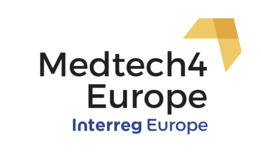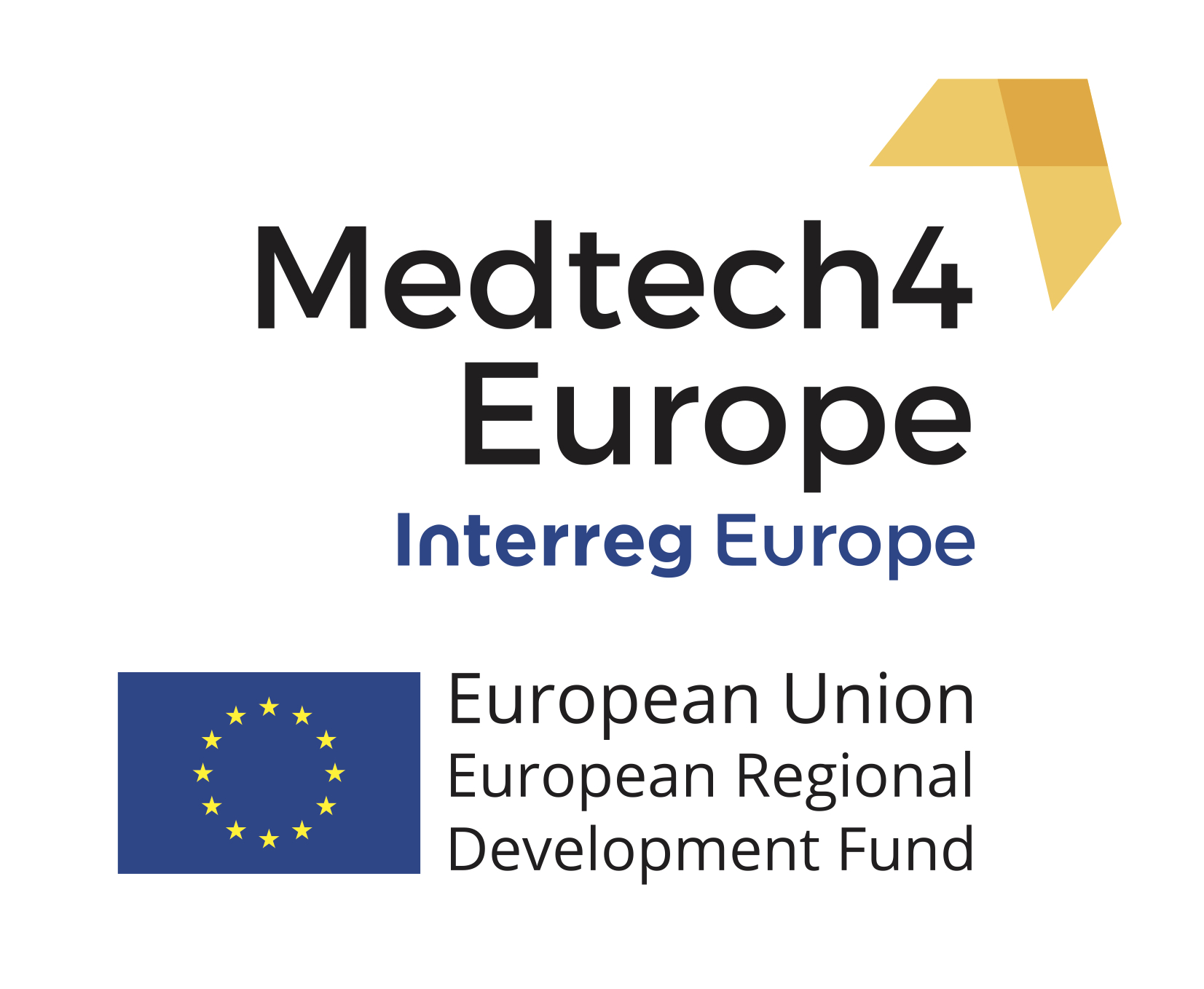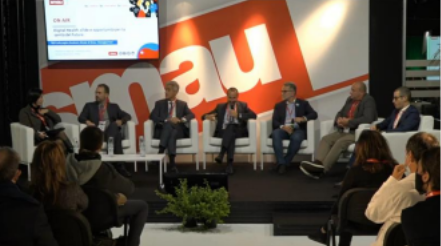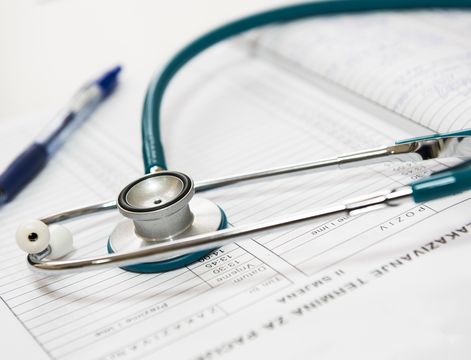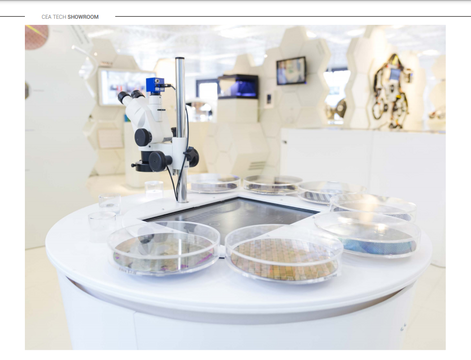June 2020 is the month of health sector webinars. S3martMed also organized an online meeting, in which a representative of the South Transdanubian Regional Innovation Agency was also present.
The S3martMed project, with the help of five clusters (Lyonbiopole – Auvergne-Rhône-Alpes, BioWin – Wallonia, BioRegioStern – Baden-Württemberg, bioPmed – Piedmont, MedSilesia – Upper Silesia) in the medical sector, seeks to promote European cluster partnerships in the future for the development of interregional business cooperation. This meeting was already the second partner’s brokerage event for the project, which was successfully organized on 25 June 2020. The aim of the program was to connect the present representatives of the medical technology sector with each other. Five research institutes presented themselves at this event.
The first presenter was Prof. Dr. Rumen Krastev (University of Tübingen, University of Reutlingen) who gave a presentation on the benefits of using biological materials. He presented the mission of Natural and Medical Science Institute, which is an application-oriented research at the interface of life sciences and materials science, and R&D services for industrial clients. Then he covered topics such as biomaterials for medical applications, coatings for medical implants, and surface functionalization for medical technology.
The second was Prof. Maria Teresa Scrivani (Proplast), who spoke about the benefits of using polymers. This private non-profit research and development center and cluster is located in Italy, whose members are some of the key players in the polymers and composites industry. Their strategy is to build a close relationship with cluster members by offering a full range of services to increase their competitiveness. They provide a variety of services, such as cluster services, recruitment and training services. Proplast supports customers by developing formulations, designs, simulations, prototypes, and specifications to develop new and innovative products.
The next speaker was Dr. Edwin-Joffrey Courtial (3D Fab Platform), who gave a presentation on 3D printing, including bioprinting. He introduced the 3D Fab platform, the first state-founded lab in Europe dedicated to studying the potential of 3D printing in the life sciences. They make surgical models, silicone printing (printing highly complex implants), bone printing (jaw replacement), tumour bioprinting, skin bioprinting, and in vivo 3D bioprinting.
The fourth was Grzegorz Matula, who was a representative of the Scientific and Didactic Laboratory of Nanotechnology and Materials Technologies of the Faculty of Mechanical Engineering of the Silesian University of Technology. He introduced the history and operation of the laboratory and then covered the technology and applicability of Powder Injection Molding (PIM). He presented the products made with this technology, such as PIM ceramics, automotive and consumer examples, or orthodontic brackets. He described the aim of their research, which was to design a binder system and a debinding process to optimize the powder injection production conditions of Al2O3, YSZ and Co Cr Mo alloys for the production of implants. Powder injection molding allows the production of metal and ceramic parts with relatively high mechanical properties.
Finally, Laurent Dewasme of the University of Mons, Faculty of Engineering, analyzed the process of in silico modeling of animal cell cultures. He presented the results of the adaptive flux variability analysis (AFVA) methodology and what studies can be used for it.
